This blog was written by Dr Tigist Grieve, Senior Research Associate in the School for Policy Studies at the University of Bristol and Member of Bristol Poverty Institute’s (BPI) Advisory Board. It was posted earlier in the summer on the University’s International Development Research Group blog, and has been reproduced here with their kind permission.
The University of Bristol’s Faculty of Social Sciences and Law International Development Research Group was recently approached by the BBC for their views on the UK Aid cut. Professor Guy Howard, Global Research Chair Environmental and Infrastructure Resilience and BPI Advisory Board member, outlined how the impact of the reduction will be devastating for those most impoverished.
Funding cuts in the middle of a global pandemic, as the public sector is struggling and where health care provisions are stretched, is detrimental to those already most marginalised and at-risk including girls and women in low income countries. Despite the renewed commitment from the UK at the 2019 International Conference on Population and Development in Nairobi – the ICPD25 Nairobi Summit – the withdrawal of funding to organisations such as the United Nations Population Fund (UNFPA) halts the progress made so far in advancing the rights and dignity of women and girls globally.
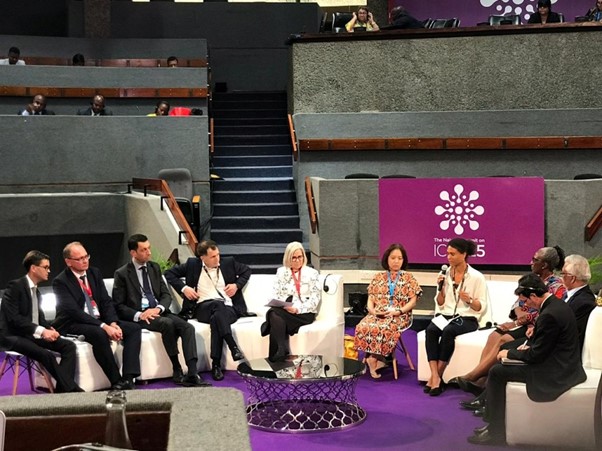
The University of Bristol (UoB) is a founding member of the UNFPA’s University Network, TransformU, and UoB’s researchers and its Perivoli Africa Research Centre were at the UK “On the Road to Nairobi UNFPA ICPD25” Parliamentary Reception hosted by Baroness Sugg CBE at the House of Lords. UoB’s researchers subsequently shared their work on sexual and reproductive health and rights at the Nairobi summit as well as at a “Translating commitments to actions” side event at the Aga Khan University.
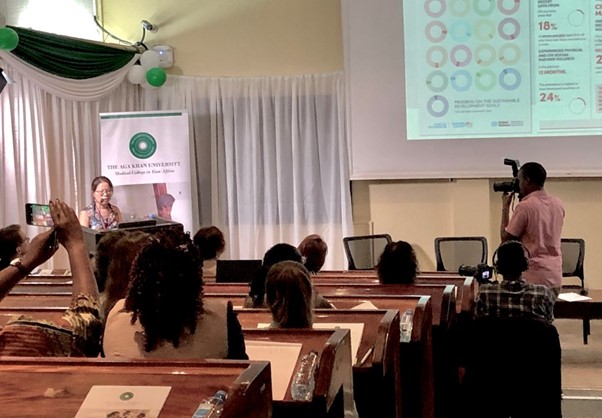
The ICPD25 Summit catalysed significant economic and political commitment to build on the progress made since the inaugural ICPD Summit in Cairo to help accelerate the UNFPA’s “3 Zeroes Agenda“. While many areas are affected by the UKAid cuts, the significant drop in funding to the UNFPA and others will pose a serious challenge in translating these important commitments into action.
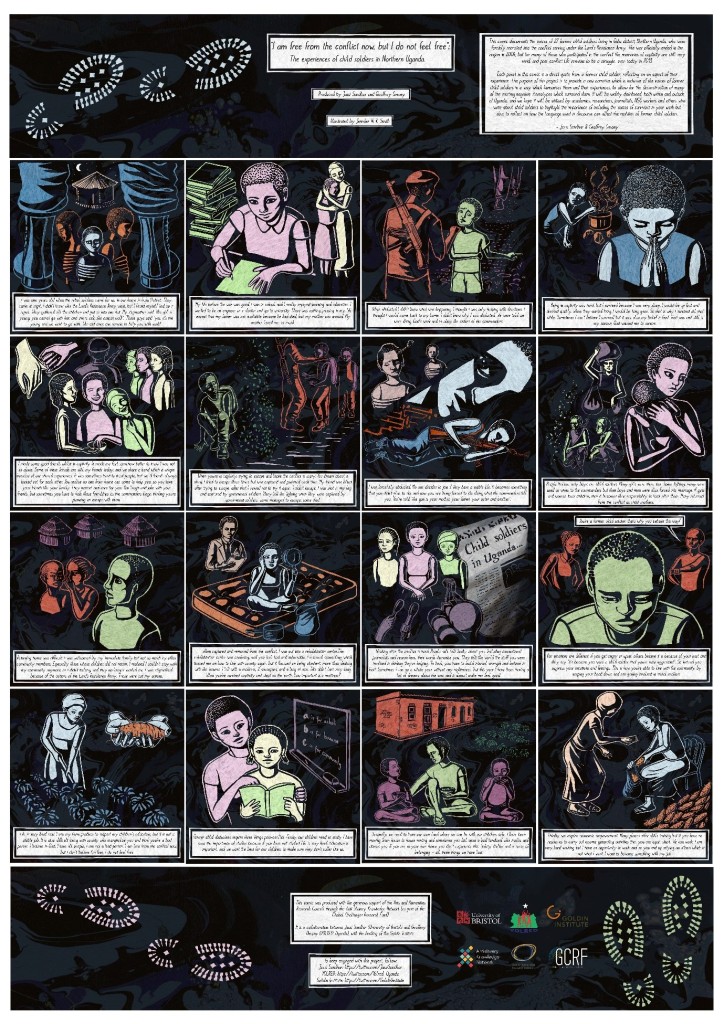
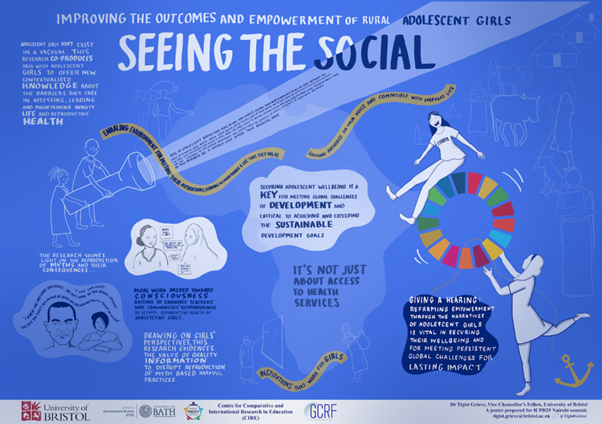

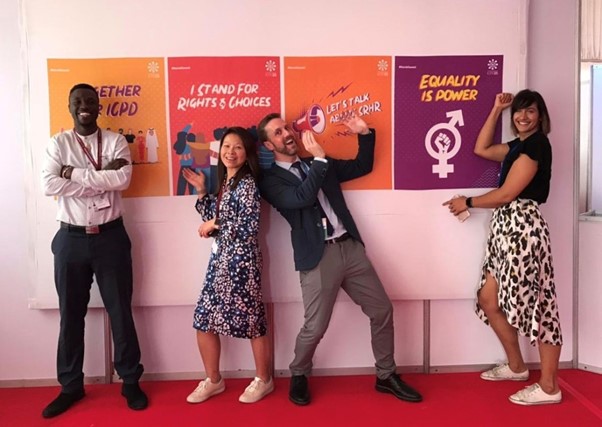
You can read Professor Guy Howard’s interview with BBC Newsbeat as part of the following article ‘UK foreign aid cut: Where does it go and what is it used for?‘. Professor Howard is co-lead of UoB’s Faculty of Social Sciences and Law International Development Research Group, interim Director of the Cabot Institute for the Environment, and a member of the BPI Advisory Board.
